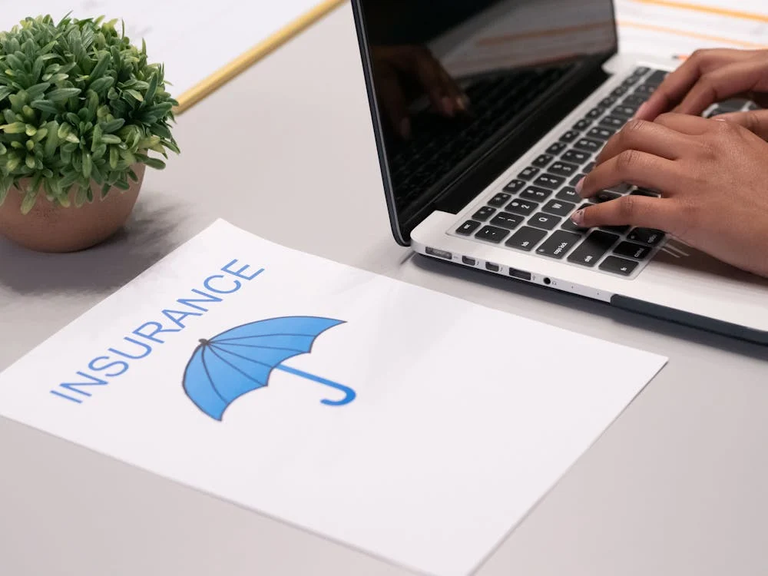Insurance is fascinating

Secondary school education is the bare minimum you need to know or hear about insurance. However, even without education, you would know a thing or two, depending on your society. Insurance is easy to define but when you dig deeper, you'll find a complex maze of data to unpack.
One of the perks of my new job is that I get thrust into this magical world of insurance and I'm required to have it at my fingertips in a short space of time.
In just one week, quite a lot of information has been crammed into our head and instead of feeling like a job, it has been a bit more like a classroom. A classroom where you're bombarded with a lot of information that can be boring for some but for me at least, it has been an excellent experience.
The first difficulty I experienced was the cultural gap that I had to bridge. Insurance may have one universal definition but implementation varies between different societies.
In Nigeria, for example, Insurance is optional. The only compulsory information you need is your car registration to prove that you didn't steal the car.
In the UK, motor insurance is mandated by law through the 1988 Road Traffic Act which requires every driver to at least have 3rd party insurance. So, in the UK, while you are trying to "sell" motor insurance, you aren't required to actually aggressively shill it because of the regulations surrounding it.
So, this means that every vehicle owner in the UK has internalised the general concept of insurance and has their own unique interactions with their insurers. Due to my background, this was completely new to me, even though I used to have a car in Nigeria.
The first two days were the most challenging because I wasn't used to some of the terms that were casually thrown around in class. However, on Wednesday, it all started to make sense because we started looking at real-life scenarios.
Just like every industry, Insurance has its own unique glossary of typically used words and phrases. Terms like premium, indemnify and write-off are just three of the typically used terms you would hear in class. The challenge was familiarising myself with the terms and well, so far, so good.
Insurance is very complex and I'd delve deeper into it to get better understanding of the topic and apply it to my life. I also look forward to sharing some of my knowledge and hopefully, it'll be useful to someone.
When you see how insurance fits in the world of risk management, it changes your view on so many things. As a consumer, you want somebody else to pay for bad outcomes. You minimize or eliminate your risk by buying protection from an outside agent. It's a wager that the insurer could earn more from premiums than they would pay out in claims. Actuarial tables are basically the morning line odds in horse racing.
And when you're in business, for example, you de-risk by adding clauses that have a contractor pay you liquidated damages if they cause the project to fall behind schedule. In fact, hiring a contractor rather than doing a project in-house is also a risk management move as you can then sue them if something goes wrong.
The point is, you want the risk to be somebody else's problem. And you pay them to take the fall for you, which is insurance.
Looking at it from the inside is pretty fascinating, I must say. In training, something called a "risk pool" was brought up and the general idea behind it reminds me a bit of crypto.
Insurance the biggest ponzi scheme ever
lol best part is that it is government-backed, so you must contribute.
Interesting the world of Insurance!
Absolutely.
It sounds like you're having a dynamic introduction to the insurance industry! The rapid learning curve and cultural nuances really highlight how insurance is both universally relevant yet locally specific. Your perspective is invaluable, especially as you bridge your Nigerian experiences with UK regulations. Keep absorbing and sharing those insights!